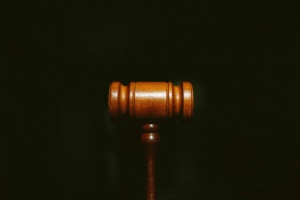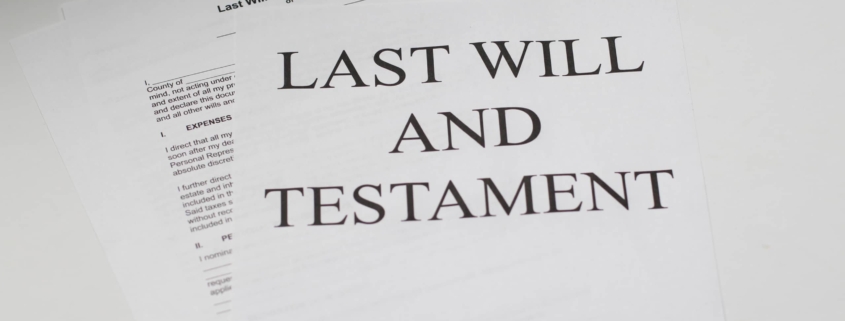Securing Your Legacy: The Importance of a Will
A will is more than a legal document. It is a powerful tool for securing your legacy and your wishes. In this article, we explore why having a will is essential, who should have one, and details to safeguard your assets.
Note: The information provided here is for general informational purposes only and should not be considered as professional advice.
Why Have a Will?
- Control Over Your Estate: You specify how your assets are distributed among beneficiaries. This ensures that your wishes are respected.
- Control Over Inheritance: Without a will, your estate may be subject to intestacy laws, and the distribution of assets may not align with your preferences.
- Personalized Asset Distribution: A will allows you to make specific requests, ensuring that sentimental or valuable items go to designated individuals or organizations.
- Appointment of Guardians: If you have minor children or a family member with special needs, a will enables you to appoint guardians who will take responsibility for their care in the event of your passing. In some cases this means a statement denying guardianship to certain individuals.
- Ensuring Business Continuity: If you own a business, a will can outline your wishes regarding the succession of the business, helping ensure its continuity after your passing.
- Supporting Causes You Care About: A will allows you to include charitable donations or gifts to causes that are important to you, leaving a lasting impact beyond your lifetime.

Choosing an Executor:
You can designate an executor in your will to manage the distribution of your assets and carry out your wishes. This person plays a key role in the execution of your estate plan.
Key responsibilities of an executor typically include:
- Probate Process: Initiating and overseeing the probate process, which is the legal recognition and validation of the will by the court.
- Asset Management: Identifying, gathering, and managing the deceased person’s assets, including property, bank accounts, investments, and personal belongings.
- Debt Settlement: Settling any outstanding debts and liabilities of the deceased, often using the assets from the estate.
- Distribution of Assets: Distributing the remaining assets to the beneficiaries as specified in the will.
- Legal Responsibilities: Handling legal matters related to the estate, including filing necessary documents and addressing any legal challenges that may arise.
- Communication with Beneficiaries: Keeping beneficiaries informed about the progress of the estate settlement and addressing any questions they may have.
- Funeral and Burial Arrangements: In some cases, the executor may also be responsible for carrying out the deceased person’s wishes regarding funeral and burial arrangements.
For an individual creating a will, choose an executor carefully. Select someone trustworthy, organized, and capable of handling the responsibilities associated with settling an estate. Executors can be family members, friends, or professionals. It’s common for individuals to discuss their choice with the intended executor beforehand to ensure they are willing to take on this role.
Who Has a Will?
- Everyone: Regardless of age or financial status, everyone can have a will. A will enforces that your wishes are respected and your loved ones are taken care of.
How to Get a Will:
- Seek Legal Advice: Consult with an attorney specializing in estate planning to ensure your will complies with local laws and addresses your unique circumstances.
- Use Online Platforms: Several online platforms offer templates for creating a basic will. While convenient, it’s advisable to review the document with a legal professional to ensure its validity.
Important Details to Include In Your Will:
- List of Assets and Liabilities: Provide a list of your assets, including properties, bank accounts, investments, and outstanding debts.
- Specify Beneficiaries: Clearly identify individuals or organizations that will inherit your assets. Be specific to avoid ambiguity.
- Appoint Guardians: If you have minor children, clearly state who will assume guardianship responsibilities.
- Executor Designation: Name an executor and provide their contact information. Ensure they are willing to take on this responsibility.
- Funeral Wishes: Express your preferences for your funeral and burial arrangements to guide your loved ones during a difficult time.
Conclusion:
A will is a vital document; it’s a manifestation of your care and consideration for your loved ones. By taking the time to create a will, you empower yourself to shape your legacy. Lets protect our families, and provide them clarity during challenging times. The process of creating a will is a valuable investment in securing your wishes and ensuring peace of mind for both you and your heirs.



